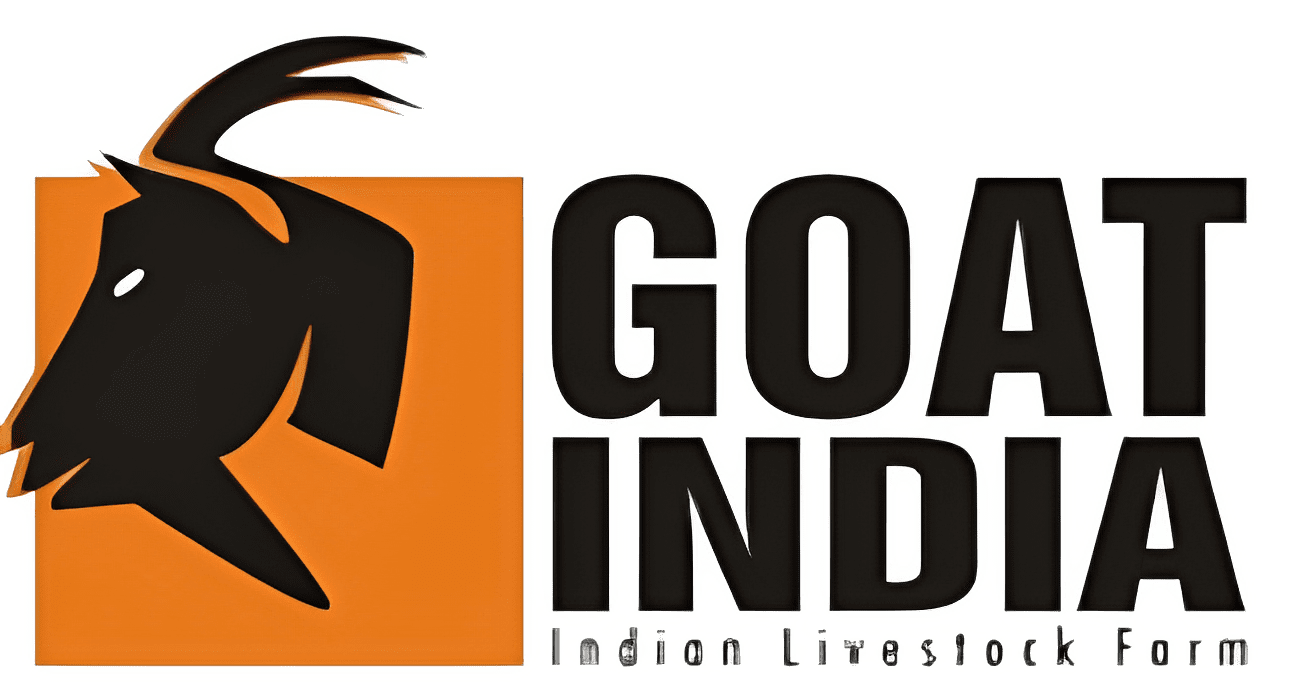Goat Preventive Care
Comprehensive healthcare prevention strategies to keep your goat herd healthy, productive, and disease-free throughout the year
Preventive Care Overview
- Establish comprehensive vaccination schedules for common diseases
- Implement regular deworming and parasite prevention protocols
- Monitor herd health through routine examinations and record keeping
- Maintain proper nutrition and housing for disease prevention
- Develop biosecurity measures to protect your herd
- Create emergency response plans for health crises
Essential Prevention Facts
| Prevention Area | Frequency | Key Focus |
|---|---|---|
| Vaccination | Annual/Biannual | PPR, Foot & Mouth Disease, Tetanus |
| Deworming | Every 3-4 months | Internal parasites, faecal testing |
| Health Checks | Weekly | Body condition, appetite, behavior |
| Hoof Trimming | Every 6-8 weeks | Prevent lameness and infections |
| Mineral Supplements | Daily | Calcium, phosphorus, trace elements |
| Housing Hygiene | Daily | Clean water, dry bedding, ventilation |
Vaccination Protocols for Indian Conditions
Essential vaccinations for goats in India include PPR (Peste des Petits Ruminants), Foot and Mouth Disease, and Tetanus. PPR vaccination should be administered at 4-6 months of age with annual boosters. In states like Rajasthan and Gujarat where FMD is prevalent, vaccination every 6 months is recommended.
Coordinate with local veterinary hospitals in Maharashtra, Punjab, and other major goat-rearing states for vaccination schedules. Maintain cold chain during transportation and storage of vaccines, especially important in hot climates.
Always consult with a qualified veterinarian to develop location-specific vaccination programs based on local disease prevalence and seasonal patterns.
Deworming and Parasite Management
Internal parasites significantly impact goat health across Indian farming regions. Implement strategic deworming based on faecal egg counts rather than calendar-based schedules to prevent resistance development.
Common dewormers include Albendazole, Ivermectin, and Levamisole, but effectiveness varies by region. In Kerala and Tamil Nadu’s humid conditions, more frequent monitoring may be necessary due to higher parasite loads.
Practice pasture rotation where possible and avoid overgrazing to reduce parasite burden. Monitor body condition scores and check eyelid color for anemia indicators monthly.
Nutritional Prevention Strategies
Proper nutrition forms the foundation of disease prevention. Ensure adequate protein (12-16% for adults), energy, vitamins, and minerals in the diet. Deficiencies weaken immunity and increase disease susceptibility.
Supplement with mineral mixtures containing copper, zinc, selenium, and cobalt – elements often deficient in Indian soils. Provide clean, fresh water constantly, with increased requirements during hot seasons in states like Haryana and Uttar Pradesh.
Store feed properly to prevent mycotoxin contamination, particularly important during monsoon seasons. Avoid sudden feed changes that can cause digestive upsets and compromise immunity.
Biosecurity and Herd Management
Implement quarantine protocols for new animals entering the herd – minimum 30 days isolation with health testing. This prevents introduction of diseases like CAE (Caprine Arthritis Encephalitis) and CLA (Caseous Lymphadenitis).
Restrict visitor access to goat areas and provide foot baths with disinfectant solutions. In community grazing systems common in Rajasthan and other states, coordinate with neighboring farmers for collective health management.
Maintain detailed health records including vaccination dates, treatments, and breeding information. This enables early disease detection and supports veterinary consultations.
Vaccination Management
Systematic immunization schedules tailored to Indian disease patterns and climate conditions
Health Monitoring
Regular health assessments and diagnostic protocols for early disease detection
Natural Prevention
Herbal supplements and traditional practices integrated with modern preventive medicine
Record Keeping
Systematic documentation of health interventions, treatments, and herd performance metrics
Frequently Asked Questions
| Question | Answer |
|---|---|
| When should I start vaccinating kids? | Begin vaccinations at 4-6 months of age for PPR, after maternal antibodies wane. Consult local veterinarian for area-specific timing based on disease prevalence. |
| How often should I deworm my goats? | Base deworming on faecal egg counts every 3-4 months rather than fixed schedules. More frequent monitoring needed in humid regions like coastal Karnataka. |
| What vaccines are mandatory in India? | PPR vaccination is mandatory in most states. FMD vaccination required in outbreak-prone areas. Check with local animal husbandry department for current requirements. |
| How do I prevent pneumonia in kids? | Ensure proper ventilation, avoid overcrowding, maintain dry housing, and provide adequate colostrum within first 6 hours of birth. Vaccinate pregnant does if recommended. |
| What signs indicate poor herd health? | Watch for reduced appetite, lethargy, abnormal posture, discharge from nose/eyes, changes in fecal consistency, and declining milk production or growth rates. |
| Can I use traditional remedies with modern medicine? | Some traditional practices complement modern care, but always consult veterinarian before combining treatments. Never replace critical vaccines or treatments with unproven remedies. |
| How do I quarantine new animals? | Isolate new goats for minimum 30 days, conduct health examination and testing, complete vaccination if needed, and gradually introduce to main herd after clearance. |
| What records should I maintain? | Keep vaccination records, treatment history, breeding dates, health observations, feed consumption, and growth/production data. Digital or paper records both acceptable. |
Ready to Implement Preventive Care?
Start building a healthier, more productive goat herd with proven preventive care strategies designed for Indian farming conditions
See Also
Identification and treatment guide Goat Nutrition Guide
Complete feeding and supplement plans Breeding Management
Reproductive health and planning Housing Design
Shelter planning for health Farm Record Keeping
Essential documentation systems Emergency Treatment
First aid and crisis management Breed Selection
Choosing disease-resistant varieties Pasture Management
Grazing for optimal health


